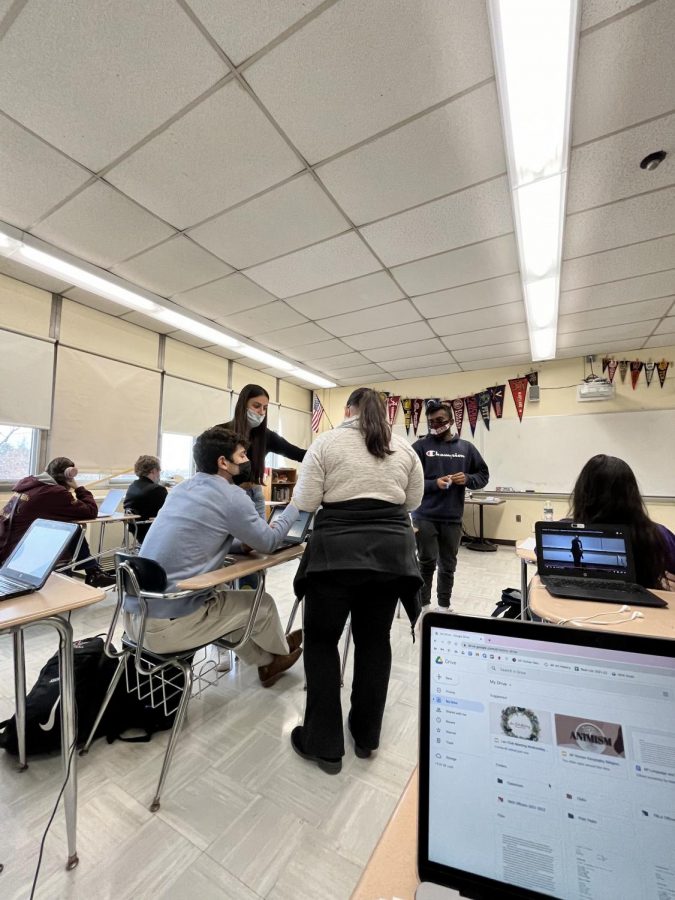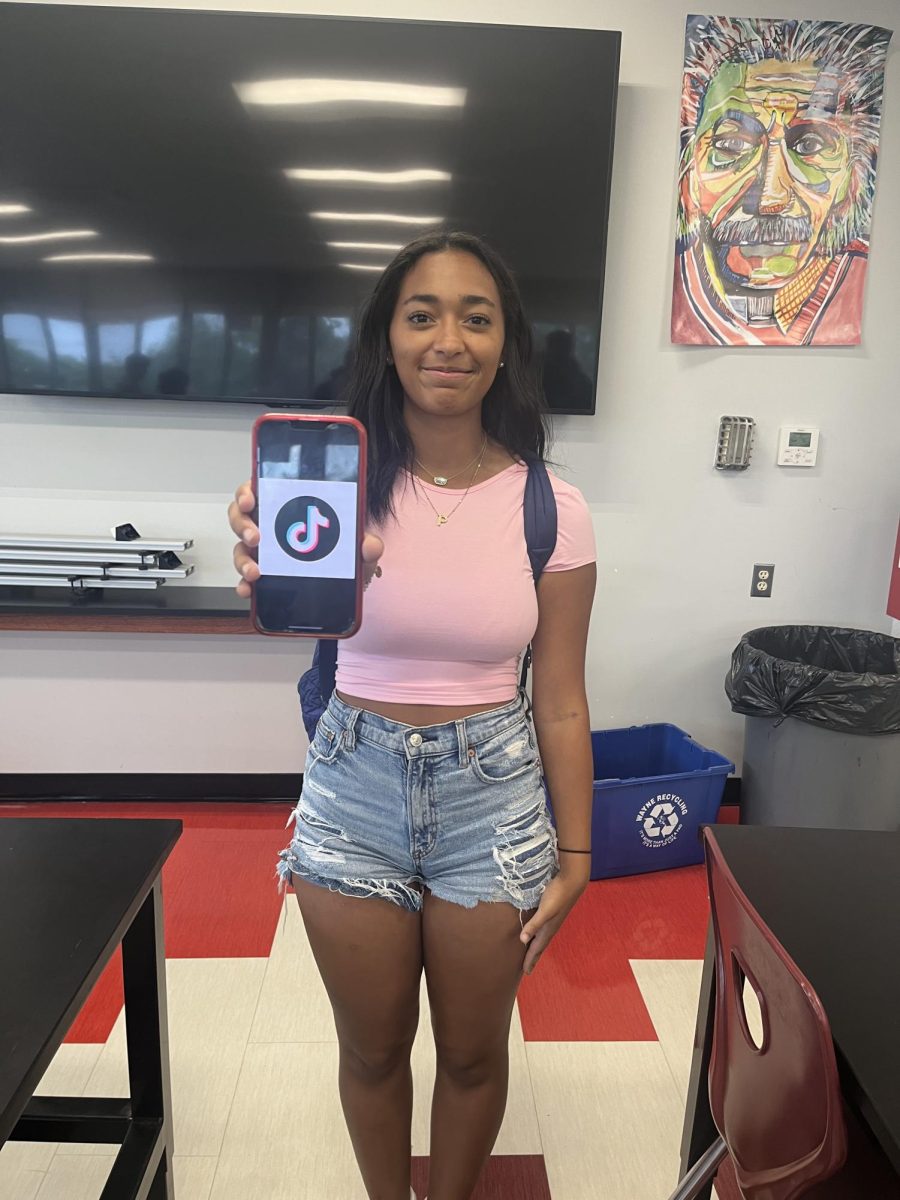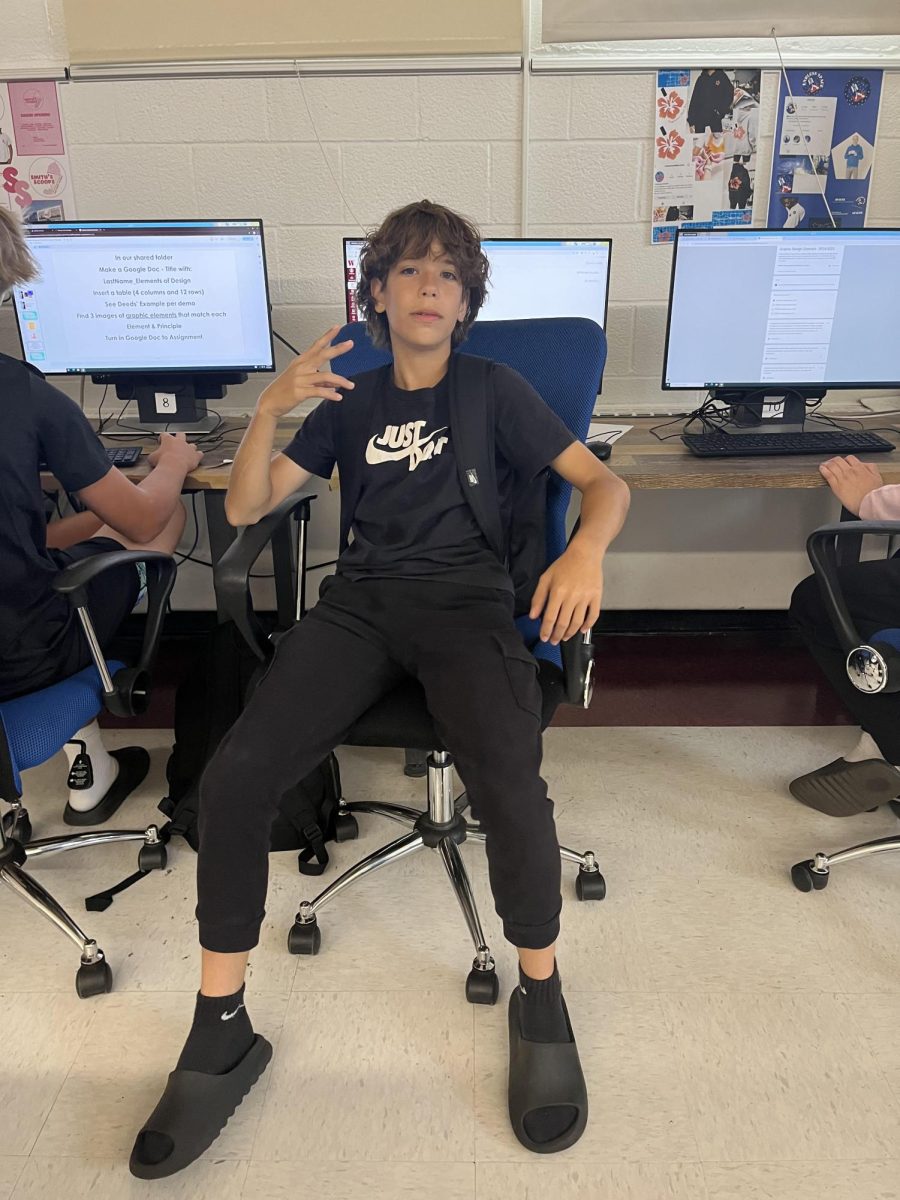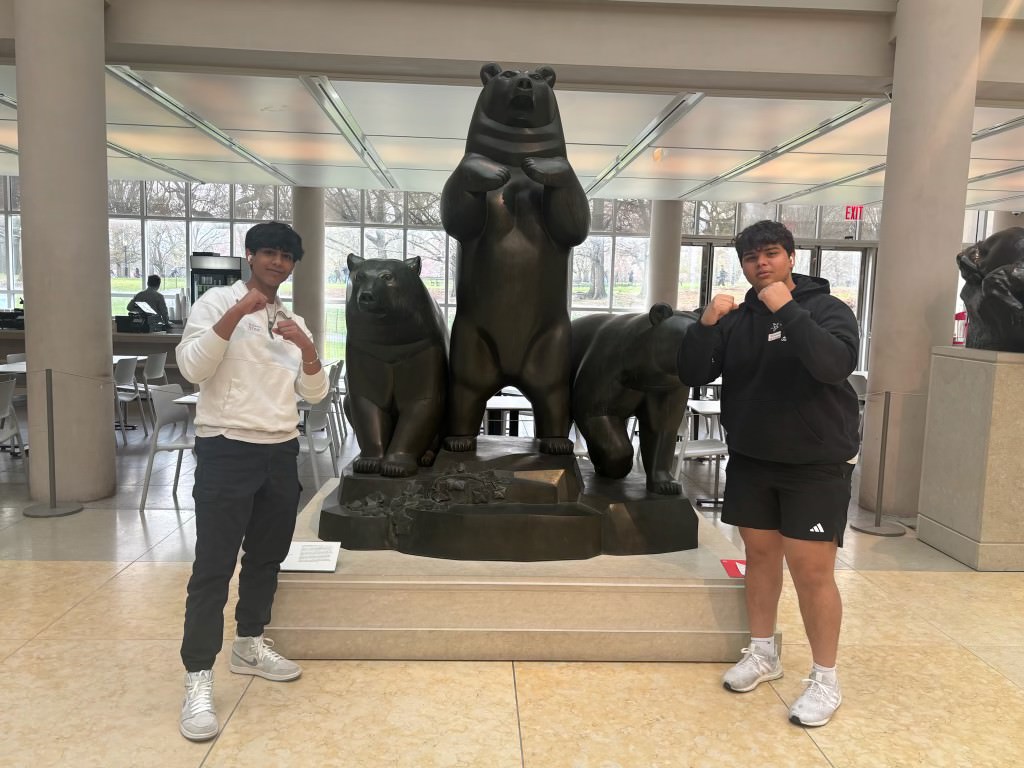Political Recap of 2021
December 23, 2021
Reeling from the tumultuous year of 2020, 2021 was not free of chaos in the world of politics either. Starting off quite strong with the Capitol Riot in January, the year ends off with a surge in Omicron COVID-19 cases. I think we’ve seen this one before…
Here is a month-by-month political recap of 2021:
January:
On January 5, ABC and NBC News declared Jon Ossoff and Raphael Warnock the winners of the Georgia Senate Run-Off Elections. For the first time since 2010, Democrats control both chambers of Congress.
The year started off with a quite literal bang with the Capitol Riot, where thousands of Trump supporters stormed the Capitol building on January 6.
Shortly after the Capitol riot, all House Democrats and 10 Republicans voted to impeach President Donald Trump on January 13.
President Joe Biden and Vice-President Kamala Harris were sworn into office on January 20.
February:
The second impeachment trial of Donald Trump begins on February 9. On February 13, Donald Trump was acquitted.
Texas suffered a horrible power outage during a winter storm leading to 23 deaths on February 16. On February 18, Texan Senator Ted Cruz admitted to fleeing to Cancún, Mexico in the midst of a humanitarian crisis within his state.
March:
Texas Governor Greg Abbott removes all COVID-19 restrictions with Mississippi Governor Tate Reeves following suit on March 2.
On March 6, the Senate passed the American Rescue Plan. With President Biden officially signing the COVID-19 relief bill into law on March 11.
At the height of the anti-Asian hate crimes all over the country, on March 16, a man went on a rampage killing eight people at a spa in Atlanta, Georgia with six victims being Asian-American women.
April:
On April 14, President Biden announced that all U.S. troops would be withdrawn from Afghanistan by September 11, 2021.
Derek Chauvin is found guilty on all counts for the murder of George Floyd on April 20.
May:
On May 11, the Israeli-Palestinian conflict is at an all-time high as Israel launches strikes in the Gaza Strip. On May 12, President Joe Biden reaffirms that Israel has a right to defend itself. On May 17, the Biden administration approved a $735 million weapons sale to Israel.
Liz Cheney, a Congresswoman from Wyoming, challenged Trump’s claims of election fraud and was consequently removed from her role as party conference chair by House Republicans on May 13.
Joe Biden signs the COVID-19 Hate Crimes Act in response to the sharp increase of anti-Asian hate crimes nationwide on May 20.
June:
On June 2, Florida became the eighth state to enact a transgender athlete ban.
Juneteenth becomes a federal holiday on June 17.
Kamala Harris makes her first visit to the U.S.-Mexico border as Vice-President on June 25. Rudy Giuliani is also prohibited from practicing law in the state of New York the same day.
July:
Eric Adams wins the NYC Mayoral Primary Election on July 7.
Singer Olivia Rodrigo visits the White House to encourage young people to get vaccinated on July 14.
August:
On August 10, New York Governor Andrew Cuomo resigned following Attorney General Letitia James’ report that he sexually harassed women in his office.
Kathy Hochul becomes the first female governor of New York on August 24.
By August 30, Kabul, Afghanistan is now under complete Taliban control. The U.S. extends the withdrawal deadline but fails to evacuate every Afghan.
September:
Texas passes the most restrictive abortion ban on September 11 known as S.B. 8.
The California recall election takes place on September 14. Governor Gavin Newsom prevails over conservative Larry Elder.
October:
Supreme Court Justice Clarence Thomas asks a question during court for the first time in years on October 5.
On October 18, Former Secretary of State Colin Powell passes away from COVID-19 related complications.
Meghan Markle, Duchess of Sussex, urges Chuck Schumer and Nancy Pelosi to pass paid paternal leave drawing controversy on October 21.
November:
Glenn Youngkin and Phil Murphy take the win in Virginia and New Jersey, respectively. Michelle Wu becomes the first female and person-of-color mayor of Boston on November 2.
President Joe Biden signed a $1.2 trillion infrastructure bill into law seeking to reform the aging infrastructure in our country on November 15.
Travis McMichael, Gregory McMichael, and William Bryn Jr. are found guilty for the murder of Ahmaud Arbery on November 24.
December:
On December 1, Stacey Abrams announces she is running for Governor in Georgia.
West Virginian Senator Joe Manchin votes “No” on the Build Back Better Act killing Joe Biden’s important piece of legislation on December 20.
Arnav Garg, a senior at Wayne Hills, shared his thoughts on the political events of 2021: “In my opinion, 2021 was a very consequential, divisive, and tumultuous year in politics,” Garg began to explain. “2021 once again proved that this country is still deeply divided. “Red” states and “blue” states will always be the standard of classification on an electoral map, and people will continue to argue their stances and ideas. Yet, this, in some ways, defines the idea of America. No matter how much we disagree, argue, and debate, there will always be an opportunity for one to express dissatisfaction and frustration with their current conditions. I think that 2021 highlighted the fact that no call for unity will ever unite Americans. It takes a great deal of civil discourse and empathy to progress as a country—and we’ve got a long way to go.”
Garg certainly is not wrong. We can hope for a calm and bipartisan 2022, which does not seem likely as the new year lies right ahead. But, we can only hope.
Hanna Hajdu, a junior at Wayne Hills, shared similar opinions. “I feel as though 2021 has been a challenging year for those who try to stick to one side, one opinion, or one role in society. This year’s political recap demonstrates how legislators have come to understand that what may be best for the American people is not always the easiest, cheapest, or quickest choice,” Hajdu said. “There has been a lot of progress in human rights and contemporary issues, but also a lot of drawbacks because of the pandemic. Students must realize that being informed about social issues, even if they don’t pertain to one’s life, is essential in such a fluctuating political atmosphere.”


















Luke Mullen • Dec 23, 2021 at 11:42 AM
I’m so glad we have educated people in this country like olivia rodrigo telling us to get vaccinated!!!!!!
Moni • Dec 23, 2021 at 11:52 AM
Agreed
Andrew Decter • Dec 23, 2021 at 8:41 AM
I appreciated Arnav’s and Hanna’s quotes in the article. Both ideas were well thought and I agreed with their statements entirely.
chris kandels • Dec 23, 2021 at 8:04 AM
this was very comprehensive and impressive considering how hectic this year was with the miracle run-offs in Georgia, the rioting and essential Biden administration promises being shot down.
Camilo Sanchez • Dec 23, 2021 at 7:30 AM
I really like the format of this article having the months separated, this makes the article really easy to follow.